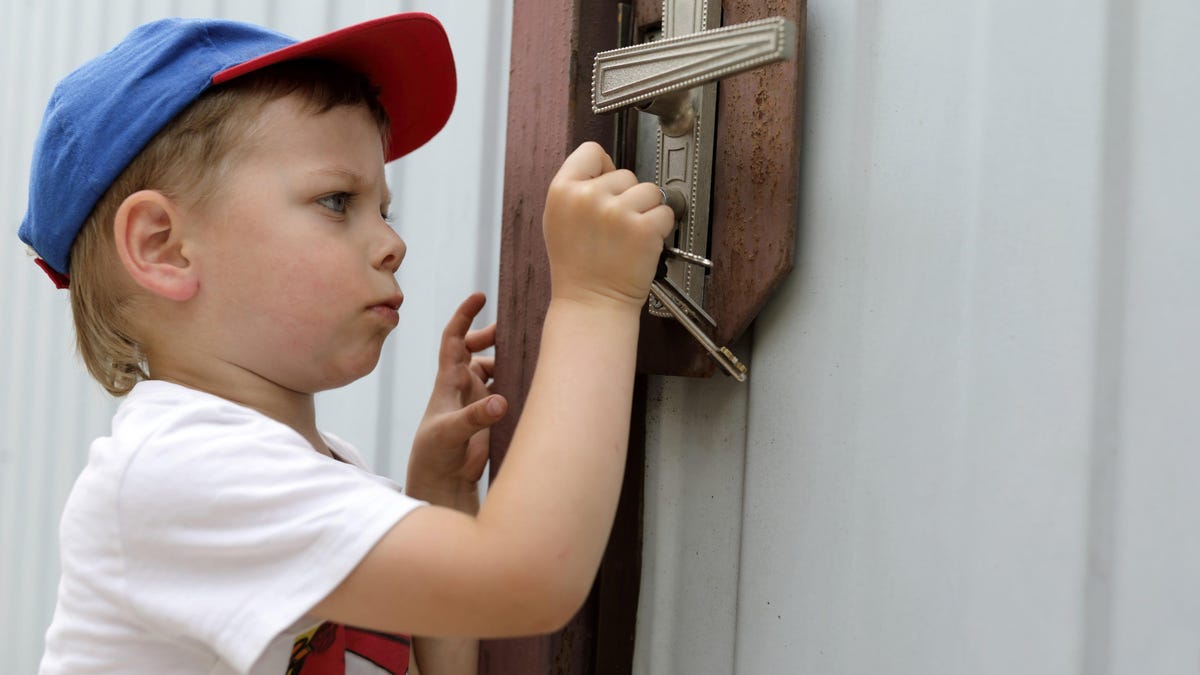Losing sleep is actually something to lose sleep about. It doesn’t just make us tired — it can increase anxiety, degrade mood and altogether undermine our emotional functioning, according to a study by University of Houston Professor of Psychology Candice Alfano, who is senior author on the report. The study, published by the American Psychological Association in the journal Psychological Bulletin, synthesized more than 50 years of research on sleep deprivation and mood.
“Emotions govern virtually every aspect of our daily lives, and depriving ourselves of sleep seems to be a sure way to elect a terrible governor. Our findings confirm that even when sleep is only mildly deficient, there are measurable negative changes in how we react to everyday events,” reports Alfano, who is also director of the Sleep and Anxiety Center of Houston. Two of Alfano’s colleagues, Cara Palmer and Joanne Bower, are co-first authors of the report.
“In our largely sleep-deprived society, quantifying the effects of sleep loss on emotion is critical for promoting psychological health,” said Palmer, an assistant professor at Montana State University. “This study represents the most comprehensive synthesis of experimental sleep and emotion research to date, and provides strong evidence that periods of extended wakefulness, shortened sleep duration, and nighttime awakenings adversely influence human emotional functioning.”
The team analyzed data from 154 studies spanning five decades, with 5,715 total participants. In all those studies, researchers disrupted participants’ sleep for one or more nights. In some experiments, participants were kept awake for an extended period. In others, they were allowed a shorter-than-typical amount of sleep, and in others they were periodically awakened throughout the night. Each study also measured at least one emotion-related variable after the sleep manipulation, such as participants’ self-reported mood, their response to emotional stimuli, and measures of depression and anxiety symptoms.
Overall, the researchers found that all three types of sleep loss resulted in fewer positive emotions such as joy, happiness, and contentment among participants, as well as increased anxiety symptoms such as a rapid heart rate and increased worrying.
“This occurred even after short periods of sleep loss, like staying up an hour or two later than usual or after losing just a few hours of sleep,” Palmer said. “We also found that sleep loss increased anxiety symptoms and blunted arousal in response to emotional stimuli.” Findings for symptoms of depression were smaller and less consistent. The findings were also more mixed for negative emotions such as sadness, worry and stress.
Other directions for future research could include examining the effects of multiple nights of sleep loss, looking at individual differences to find out why some people may be more vulnerable than others to the effects of sleep loss, and examining the effects of sleep loss across different cultures, as most of the research in the current study was conducted in the United States and Europe, according to the researchers.
“Research has found that more than 30% of adults and up to 90% of teens don’t get enough sleep,” Palmer said. “The implications of this research for individual and public health are considerable in a largely sleep-deprived society. Industries and sectors prone to sleep loss, such as first responders, pilots, and truck drivers, should develop and adopt policies that prioritize sleep to mitigate against the risks to daytime function and well-being.”
Note: This article have been indexed to our site. We do not claim legitimacy, ownership or copyright of any of the content above. To see the article at original source Click Here













